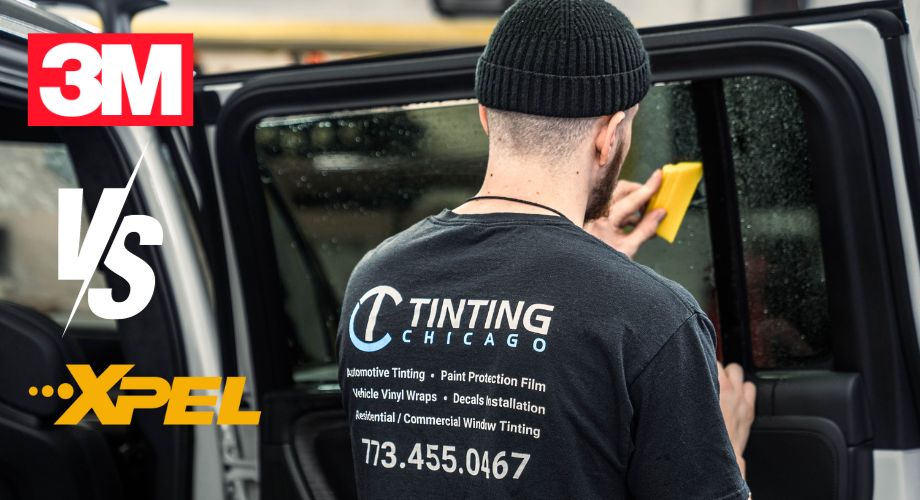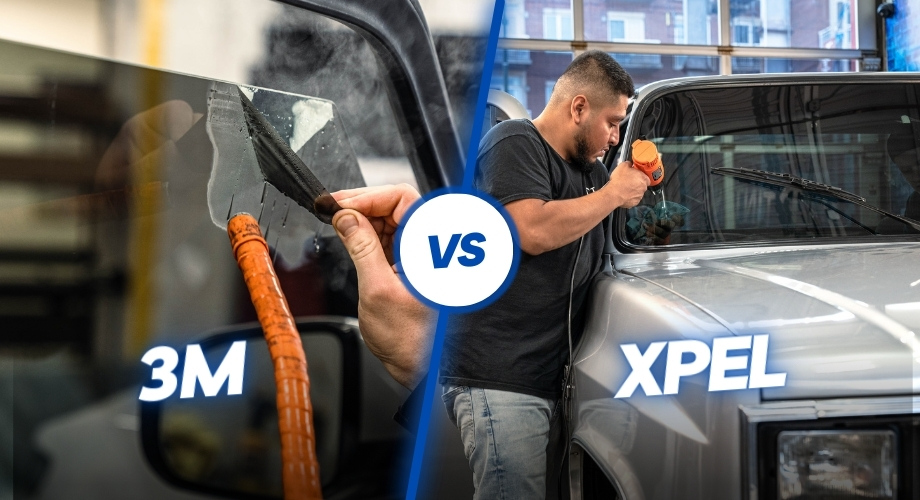


































































































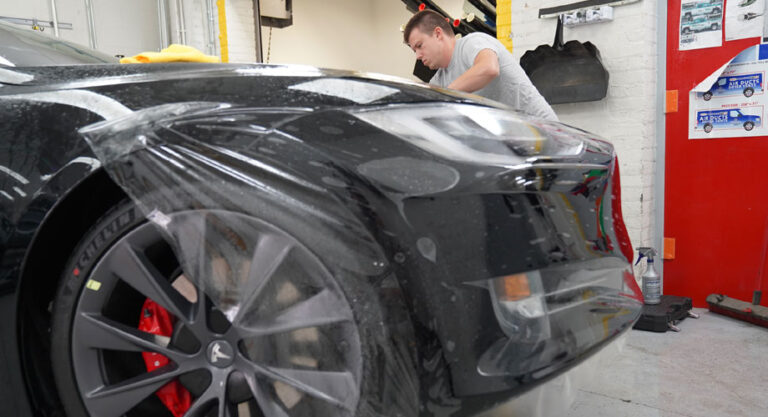
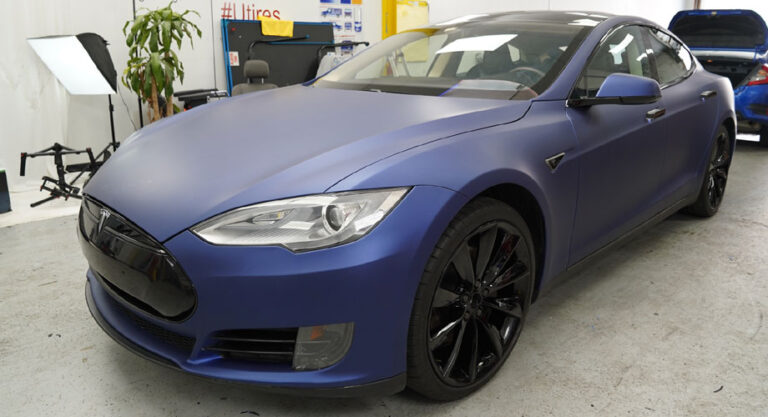

















































































































First applied over 50 years ago, car window tinting films underwent serious improvements over the years. The very first window tint absorbed heat rather than reflected it, and its lifespan was comparatively short. Manufacturers did not stop experimenting with various materials to reduce light and heat transmission. They came up with metalized films containing aluminum that had better UV protection and heat rejection. The next generation of tinting films was produced with advanced ceramics and high-quality adhesives. Nanotechnologies allow to combine materials and achieve excellent characteristics – optical clarity, UV radiation and glare reduction.

Today, you can find a lot of prime-quality film options for tinting your vehicle’s windows. How to choose the one that will best cope with the task and perform well for years? Let’s compare window tints from the most reputable manufacturers in the industry – 3M and XPEL.
About manufacturers and their products.
3M is a reputable company with a rich background in many industries and hundreds of products. It also produces a wide range of window films. The line is represented by six series, with Crystalline window tint being the top-quality car window tint solution. Besides aesthetic touch, 3M window tint shields the car interior from 99% UV radiation, rejects solar energy by 64% and reduces sun glare by 77%.
XPEL is a comparatively young brand that managed to succeed in the industry of automotive protective films. Today, it offers nano-ceramic, metallic and dyed window tints. Each of these categories has a range of products, with PRIME XR PLUS being its breakthrough product. XPEL tints block 99% of UV rays, reduce sun glare by 95% and reject solar energy to almost 70%.
What’s new in window tinting for 2025?
Both 3M and XPEL are continuously introducing upgrades to their top-performing window films. So, what are their best tints in 2025?
3M’s Crystalline IR film remains the winner among their extensive product line. It blocks up to 99.9% of infrared heat, reduces glare and improves clarity. It’s ideal for drivers who want maximum heat protection without darkening their windows.
XPEL Prime XR (Plus, Black or Blue) is the new-gen film that features enhanced ceramic technology. It offers high IR rejection with excellent visibility. It’s also certified for UV skin protection and is a strong choice for hot or sunny climates.
Window film manufacturers are also following new trends and introducing new products:
- Smart tint films that adjust to sunlight are gaining traction, even if they are mainly used for high-end vehicles.
- Eco-friendly materials are on the rise. 3M now uses low-VOC adhesives, and XPEL is developing new sustainable products.
XPEL vs. 3M car tint comparison
Both 3M and XPEL are reputable car window tint manufacturers, and it is impossible to make a wrong choice when you are selecting from their products. However, there are still minor discrepancies that may be essential for the customer. So here is a comparison of the main characteristics based on some key factors.
Product range
Both companies have products that can match different demands – some car owners want to enhance the vehicle aesthetics and add privacy, while those driving in hot climates look for maximum solar heat reduction.
- 3M offers a wide range of window tint products, including automotive, residential, and commercial solutions. There are six series of window tint solutions, with the Crystalline series offering the highest protection parameters.
- XPEL is mainly focused on automotive and architectural applications. The company offers nano-ceramic, metallic and dyed window tints for all types of vehicles.
UV protection
Ultraviolet radiation not only aggressively fades the car’s interior but also affects people inside the car. Window tinting successfully solves this problem.
- 3M window tints can effectively block up to 99% of ultraviolet rays that aggressively fade.
- All XPEL window tints also stop 99% of UV rays from coming through the car windows.
Solar heat rejection
Solar infrared energy is the heat you feel inside the car while driving. Nanotechnologies allow the tinting coverage to reduce the heat reradiated into the car through the windows.
- 3M window tints have this parameter reaching 66%.
- Some XPEL products can reject 95% of solar heat.
Glare reduction
This is another powerful feature of window tinting. Excessive glare can impair your ability to see the road and other vehicles, potentially leading to accidents. Tinted windows minimize glare and ensure a safe driving experience, especially during challenging lighting conditions.
- Some 3M car window tints reduce sun glare by 77%.
- XPEL tinting reaches a fantastic 90% when it comes to sun glare reduction.
our latest news!
3M vs. XPEL tint: what’s the verdict?
It could be tough to choose between 3M and XPEL as both brands have been on the market long enough to prove the high quality of their products. However, there are minor differences that may be important for car owners. So, what do you need to know before tinting your vehicle with 3M XPEL? These factors will guide you:
- Performance consideration. Both brands will serve well for years. Yet XPEL is especially praised for its superior self-healing capabilities. Besides, XPEL films are built to withstand tough conditions and keep performing well over time. 3M films are durable, too, but they might not be as strong as XPEL in extreme environments.
- Warranty. XPEL offers a better warranty package, which includes longer coverage periods for various aspects of the film. For example, it may include compensation in case of yellowing, cracking, and peeling. Some window tints come with lifetime warranties. 3M’s warranties are also durable but may not be as extensive as XPEL’s.
- Cost. Both brands are positioned as premium manufacturers on the market. At the same time, XPEL often comes with a higher price tag. However, this is justified by its advanced features, superior performance and longer warranties.
Whatever tinting film you choose, you will not be disappointed. But if you want to balance the cost with the quality and features, find a professional installer for a consultation. Tinting Chicago works with both brands and will gladly help you select the right option.
Aesthetics
The appearances of the tints from both 3M and XPEL vary a lot depending on product lines. Both brands offer endless customization options of shades, colors and degrees of reflectivity. However, there is one distinctive difference:
- 3M window tints have more greenish or charcoal shades.
- XPEL car window tints have predominantly slightly blackish and bluish shades.
Customer service
Both 3M and XPEL offer excellent warranties for their products, including car window tints, and have a vast network of certified dealers across the country that will help you with consultation and installation. However, it is vital to mention that 3M is a huge brand where it is fine to get all sorts of information but quite complicated to succeed with an individual appointment. At the same time, XPEL is a more family-friendly company, and you can always be sure to have a manufacturer representative detailing all the pros and cons of applying a particular window tint product on your vehicle if you need it.
What’s the best window film for your vehicle in 2025?
The best window tint really depends on what you drive and how you use it. A compact sedan has different needs than a full-size SUV or a truck used for work. How to choose the right film based on your vehicle type:
- For sedans
If you drive a sedan, you will find 3M Crystalline is a great fit here. It offers excellent heat rejection and is not too dark. Your car stays cooler and more comfortable, and you don’t lose visibility or style. It’s ideal if you want performance without attracting too much attention. - For SUVs
SUVs have more glass and more passengers, so comfort becomes a bigger priority. Use XPEL Prime XR Plus to block out a huge amount of heat, glare and UV rays. It’s a smart pick for long drives, hot climates, and anyone looking to keep the cabin cooler and safer. - For Trucks
Drivers value function and durability for trucks, but looks matter too. XPEL Prime HP or XR Black offer a darker, bolder appearance with reliable heat and glare control. If you want something a little more refined but still high-performing, it’s 3M Ceramic IR. It delivers strong solar protection and protects daily drives.
3M vs. XPEL tint: all you need to know about installation
Both manufacturers offer first-rate window tint films, and the installation process can be similar to most professional-grade tinting products. Still, here are some challenges to consider:
- Type of window tint. The ease of installation can vary based on the specific product you choose from 3M or XPEL. Some films may be designed with features that make them easier to work with, such as air-release technology that reduces the likelihood of bubbles and wrinkles during installation.
- DIY installation. Many car owners attempt to install window tinting on their own. However, this seemingly simple procedure can end up in a mess. While you may successfully manage smaller windows with flat surfaces, it will be a daunting task when it comes to larger windows or tricky curves.
- Professional installation. The skills and experience of installers play a significant role in applying both 3M and XPEL window tint films. Experts can handle challenges effectively and ensure a seamless application. Professionals have the right tools and accessories, such as squeegees and heat guns, to make the installation process easier and more successful.
- Window tint removal. Over time, window tint needs to be removed. There are DIY methods to do it on your own. However, incorrect treatment may damage your windows. You should know that 3M window tints use quite aggressive adhesives, and you may end up with lots of glue left on the windows after improper tint removal.
- Pre-cut kits vs. bulk rolls. Window tinting solutions from both 3M and XPEL can be found in pre-cut kits specifically designed for specific vehicle models or window sizes. These kits can simplify installation as they are precision-cut to fit, reducing the need for trimming during installation. Tinting using bulk rolls requires more skill and expertise to measure, cut, and apply the film accurately.
What is the best brand of window tint film?
There are many reputable manufacturers of car window tints. 3M and XPEL are on this list too. You will find reliable solutions for your car windows in the product lines of both brands.
Which window tint is more affordable: 3M or XPEL?
It would be fair to say that prices for window tinting solutions from both brands are roughly on the same level. However, in some cases, it will be more expensive to get 3M window tint – sometimes, you may pay higher for materials and installation services compared to XPEL.
What warranty is available for 3M and XPEL window tint?
Both manufacturers offer different warranty terms depending on the product. For example, the XPEL warranty for PRIME XP automotive window film is 10 years. And 3M offers a limited lifetime warranty for its Crystalline window tint series if it is installed by certified professionals.
Which car window tint is more customizable: 3M or XPEL?
Both companies offer a stunning selection of colors and shades, as well as a degree of reflectivity. By tinting their car windows, customers can get not only efficient protection against UV rays and sun glare but also enhance their vehicle aesthetics.
Can 3M and XPEL car window tint be removed on your own?
You can find enough effective DIY practices to remove car window tints without professional help. But note that 3M window tints use aggressive adhesives, and you may have a lot of glue left on the car windows after improper removal.
Wrapping up
You can fully trust window tinting solutions from both 3M and XPEL, and the choice between them may come down to factors like product features, price, and local availability. To make an informed decision, do not hesitate to visit the official websites of 3M and XPEL to get the most up-to-date information about their window tint products, including specifications, pricing, and any innovations they may have introduced.
If you are still uncertain about which product to choose and if DIY installation is worth considering, it’s often a good idea to consult with professional installers or dealers who can provide guidance and recommendations based on your specific needs.



























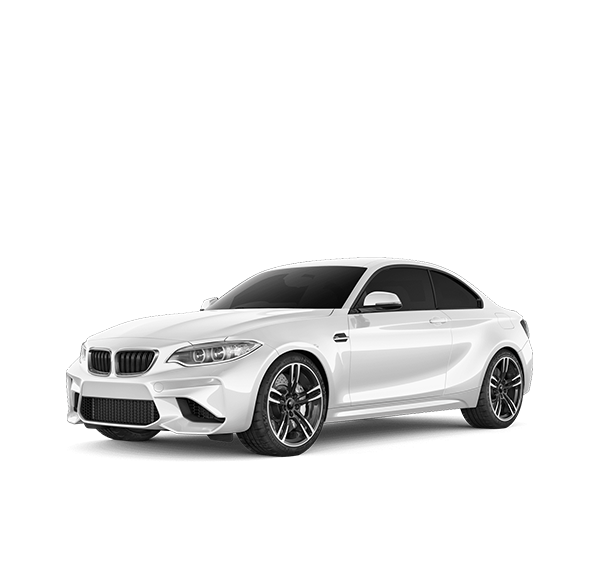
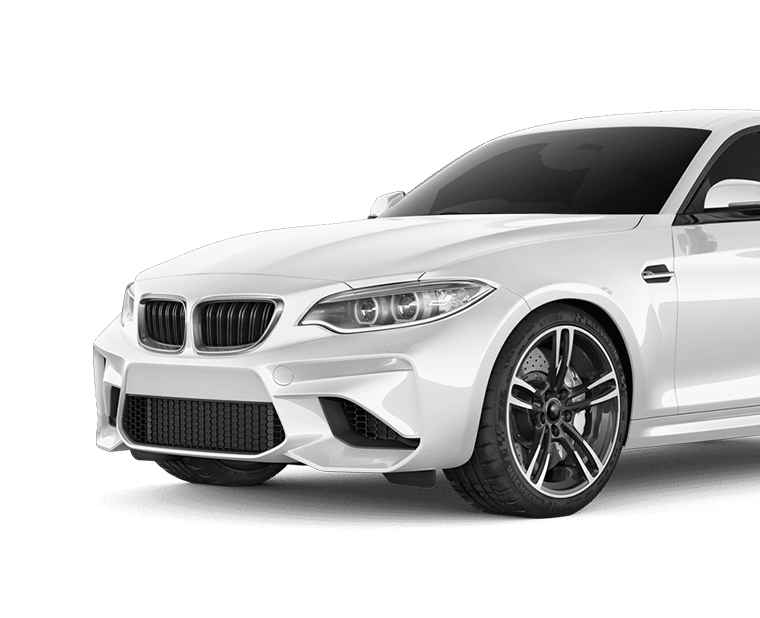
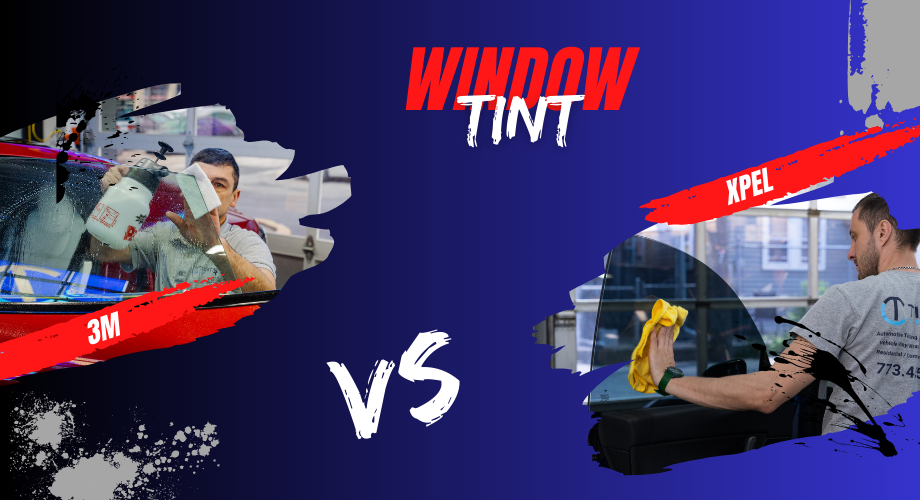
 Send a message
Send a message Send a message
Send a message